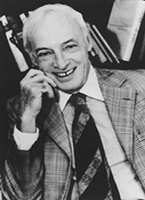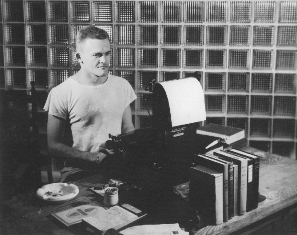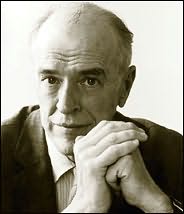
Leslie Midkiff Debauche
Born: Temple, Texas
Pen Name: None Connection to Illinois: Lived in Lake Forest Illinois from 1965 to 1972. Biography: Leslie Debauche is a Professor of Communications at the University of Wisconsin-Stevens Point.
Awards:
Website: http://www.uwsp.edu/comm/ldebauch/index.htm
Leslie Midkiff Debauche on WorldCat : http://www.worldcat.org/search?q=leslie+midkiff+debauche
Selected Titles
 |
Reel patriotism : ISBN: 9780299154042 OCLC: 45728475 University of Wisconsin Press, Madison, Wis. : ©1997. Mixing film history with social history, Reel Patriotism examines the role played by the American film industry during World War I and the effects of the industry's pragmatic patriotism in the decade following the war. Looking at such films as Joan the Woman and Wings and at the war-time activities of Mary Pickford and Charlie Chaplin, film distributors (particularly George Kleine), and the National Association of the Motion Picture Industry, this book shows how heavily publicized gestures of patriotism benefited the reputation and profits of the movie business. Leslie Midkiff DeBauche analyzes how the United States government's need to garner public support for the war, conserve food, raise money, and enlist soldiers was met by the film industry. Throughout the nineteen months of American involvement in World War I, film studios supported the war effort through the production of short instructional films, public speaking activities of movie stars, the civic forum provided by movie theaters, and the National Association of the Motion Picture Industry's provision of administrative personnel to work directly with government agencies. While feature films about the war itself never dominated the release schedules of film distributors, they did become a staple film industry offering throughout the late 1910s and 1920s. The film industry had much to gain, DeBauche demonstrates, from working closely with the U.S. government. Though the war posed a direct challenge to the conduct of business as usual, the industry successfully weathered the war years. After the war, film producers, distributors, and exhibitors were able to capitalize on the good will of the movie-goer and the government that the industry's war work created. It provided a buffer against national censorship when movie stars became embroiled in scandal, and it served as a selling point in the 1920s when major film companies began to trade their stock on Wall Street. |




